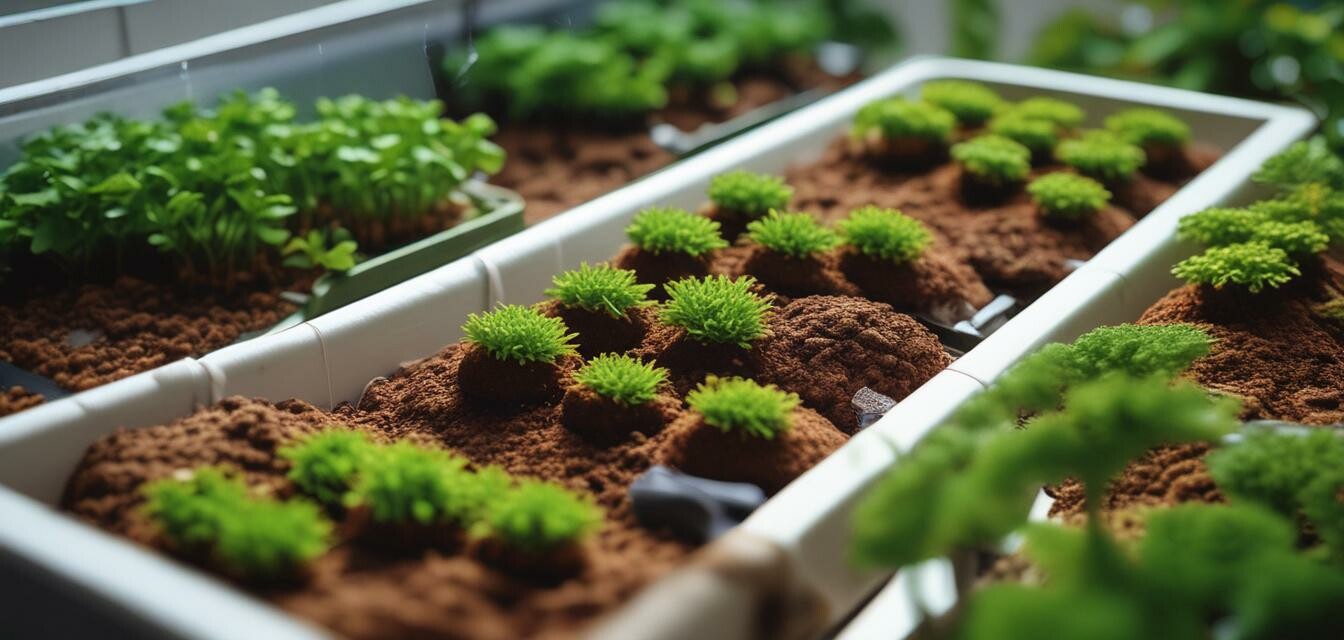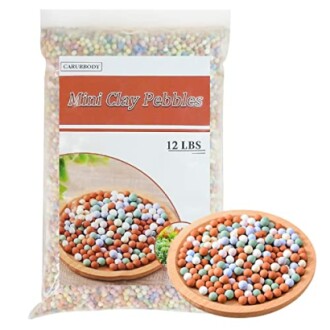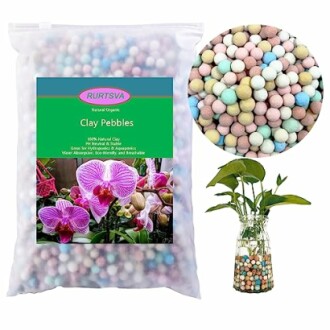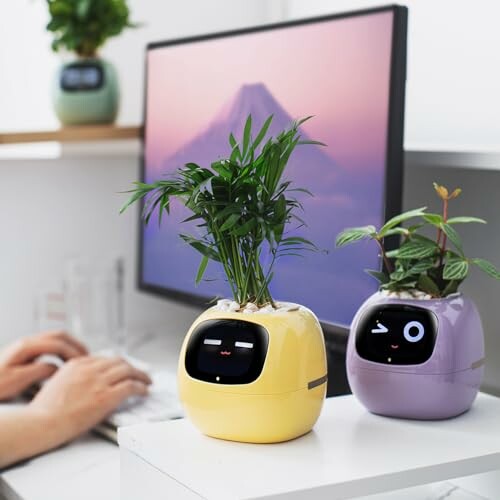
Choosing Hydroponic Growing Media: A Complete Guide
Key Takeaways
- Hydroponic growing media plays a crucial role in plant health and growth.
- Common types of growing media include clay pebbles, rock wool, and coco coir.
- Choosing the right media depends on your hydroponic system and plant needs.
- Consider factors such as drainage, aeration, and nutrient retention when selecting media.
Hydroponic gardening is a fascinating and efficient way to grow plants without soil, utilizing nutrient-rich water solutions. However, one of the essential components of a successful hydroponic system is the growing media. In this comprehensive guide, we will explore various types of hydroponic growing media, how to choose the right one for your system, and provide product recommendations to help you get started. Whether you are new to hydroponic gardening or looking to optimize your existing setup, understanding growing media is key to your success.
What is Hydroponic Growing Media?
Hydroponic growing media is any material that provides physical support to plants and holds moisture and nutrients for plant uptake. Unlike traditional soil, hydroponic media is inert and does not provide nutrients; instead, it allows for better control over nutrient application through the water solution. The right growing media can drastically affect plant growth, health, and yield.
Types of Hydroponic Growing Media
There are several types of growing media used in hydroponics, each with its unique properties, advantages, and potential downsides. Below is a table summarizing some of the most common options:
| Type of Growing Media | Advantages | Disadvantages |
|---|---|---|
| Clay Pebbles | - Excellent drainage - Lightweight - Reusable |
- May not retain moisture well - Can be pricey in large quantities |
| Rock Wool | - Great water retention - Sterile media - Good aeration |
- Non-biodegradable - Can be irritating to skin |
| Coco Coir | - Naturally pH balanced - Good moisture retention - Renewable resource |
- Can compact over time - May require supplementation with nutrients |
| Perlite | - Increases aeration - Lightweight - Nontoxic |
- Doesn't retain moisture well - Can float when overwatered |
| Hydroton (Expanded Clay Aggregate) | - Neutral pH - Reusable - Provides good aeration |
- Can be heavy - Some larger pieces may hinder root growth |
Choosing the Right Growing Media
Selecting the right hydroponic growing media depends on various factors, including:
- Type of Hydroponic System: Different systems may perform better with specific media. For example, Deep Water Culture (DWC) systems often favor clay pebbles due to excellent drainage.
- Plant Type: Different plants have varying needs regarding aeration, drainage, and moisture retention. For instance, orchids may thrive better in rock wool or coco coir.
- Nutrient Management: Consider how well the media holds nutrients and makes them available to plants. Some media require additional nutrients to sustain plant growth.
Recommended Hydroponic Growing Media Products
12LBS Ceramsite Clay Pebbles for Orchid
These clay pebbles provide excellent drainage, are non-toxic, and are perfect for indoor plants and cacti.
More DetailsNatural Organic Colorful Leca Balls
These LECA balls are non-toxic and perfect for hydroponic gardening, enhancing drainage while looking great.
Explore NowSmart Pet Planter Robot
This adorable robot assists in plant care and monitoring, perfect for enhancing your hydroponic experience!
See ProductConclusion
Choosing the right hydroponic growing media is vital for the success of your gardening endeavor. Understanding the different types of media available and their unique properties will help you make an informed decision that best supports your plants' growth. Remember to consider your hydroponic system, plant types, and nutrient management capabilities. With the right growing media, you will be well on your way to thriving hydroponic gardening. For more tips and tricks, check out our Hydroponic Gardening for Beginners guide.
Tips for Beginners
- Start with a small hydroponic system to experiment before scaling up.
- Keep records of your plants' growth to understand which media works best.
- Regularly test the pH and nutrient levels of your water solution.
- Maintain optimal humidity and temperature levels for your plants.
For further reading on hydroponic gardening techniques, visit our Advanced Hydroponic Techniques section. Stay up to date with the latest trends by checking our News and Trends blog, and explore DIY projects to enhance your garden at our DIY Projects page.




